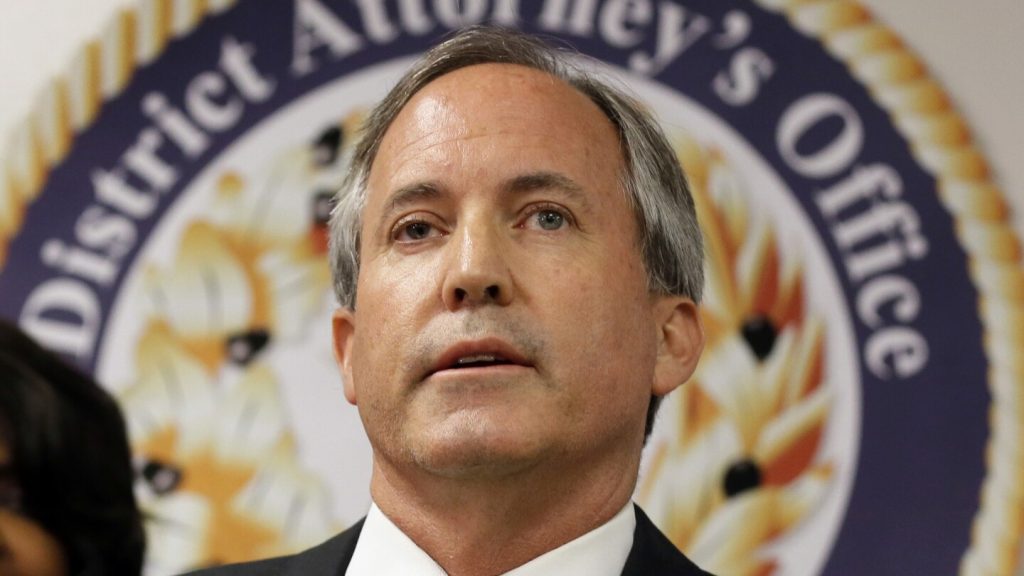Texas has filed a lawsuit against a Dallas doctor, Dr. May Lau, for allegedly providing gender-affirming care to youths in violation of a state ban on such treatments. This move by the Republican-led state is seen as one of the first attempts to enforce recent bans on gender-affirming care. The lawsuit alleges that Dr. Lau provided hormones to over 20 minors, going against a Texas law that prohibits transgender individuals under 18 from accessing hormone therapies, puberty blockers, and transition surgeries. While surgical procedures are rarely performed on children, the law aims to restrict access to medical interventions for gender dysphoria among minors.
According to the ACLU’s LGBTQ & HIV Project, this lawsuit marks the first time Texas has attempted to enforce the ban, and there have been no reports of other states taking similar actions. The organization has described the lawsuit as a “predictable and terrifying result” of the law, which they had previously challenged in an effort to prevent such cases. The lawsuit seeks an injunction against Dr. Lau and fines of up to $10,000 per violation. The accusations against Dr. Lau include falsifying medical records, prescriptions, and billing records to misrepresent the nature of testosterone prescriptions for minors undergoing gender transition.
Dr. May Lau is an associate professor in the pediatrics department at UT Southwestern Medical Center in Dallas and has hospital privileges at two Children’s Health hospitals in the area. The lawsuit alleges that she misrepresented the nature of her treatments in order to provide gender-affirming care to minors. Despite requests for comment, neither Dr. Lau nor UT Southwestern immediately responded to inquiries regarding the lawsuit. Children’s Health, where Dr. Lau has hospital privileges, stated that they adhere to all state healthcare laws, indicating support for compliance with the ban on gender-affirming care for minors in Texas.
The lawsuit comes amidst a national debate on gender-affirming medical care for transgender minors, with at least 26 states adopting laws that restrict or ban such treatments. Legal challenges have been mounted against these laws in various states, with federal judges ruling some bans unconstitutional. In Texas, the ban on gender-affirming care was signed into law by Republican Governor Greg Abbott, who also ordered investigations into families of transgender minors receiving such care. The timing of the lawsuit just weeks before an election suggests that Republicans may be using support for gender-affirming health care as a political tool to attack their opponents.
The controversy surrounding gender-affirming care for transgender minors highlights the ongoing debate over the rights of LGBTQ individuals and the role of the government in regulating healthcare decisions. The enforcement of these bans raises concerns about the interference of politicians in medical practice and the impact on vulnerable populations seeking essential medical treatments. As the legal battle unfolds in Texas and other states, the rights and well-being of transgender minors remain at the center of a complex and contentious issue that has implications for healthcare policy and LGBTQ rights across the country.















